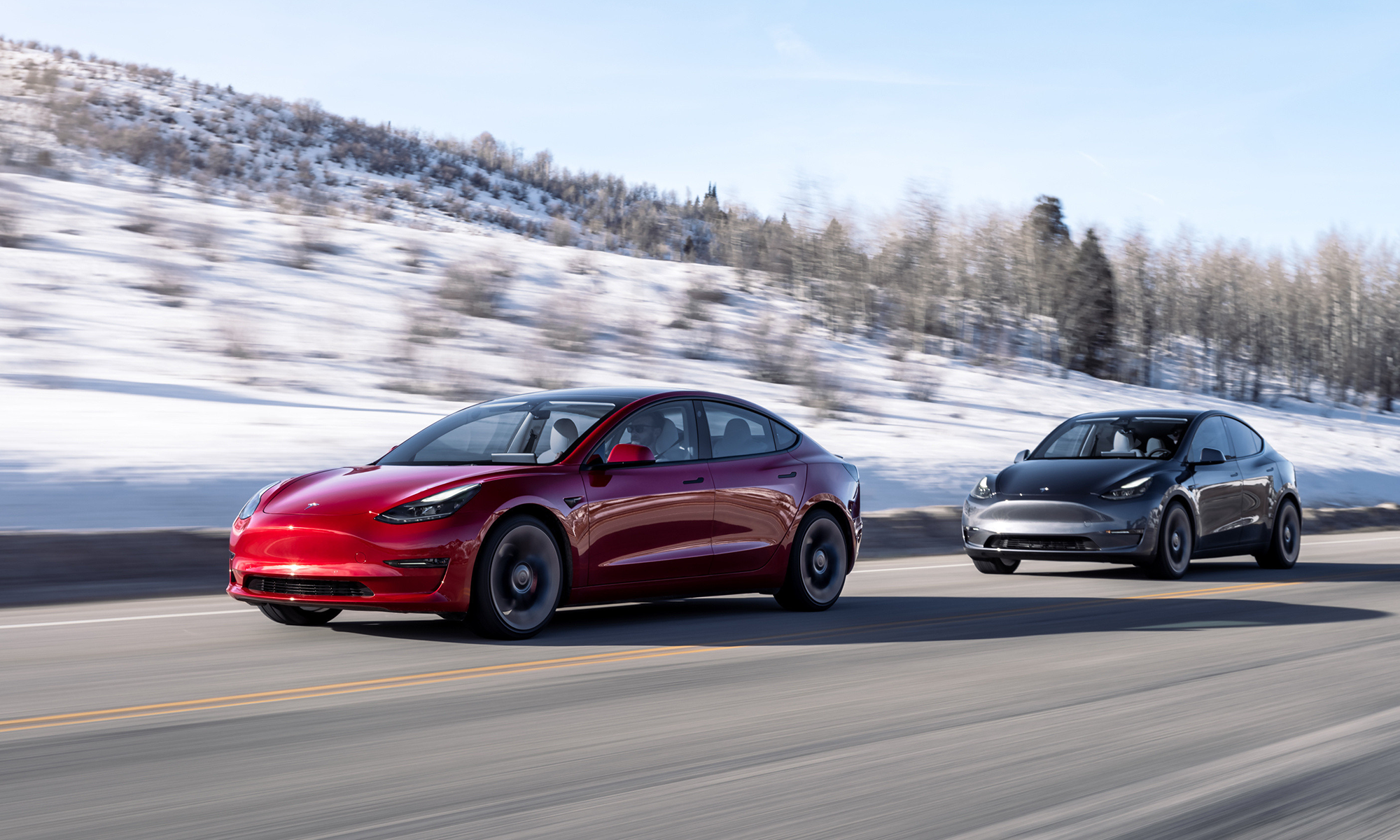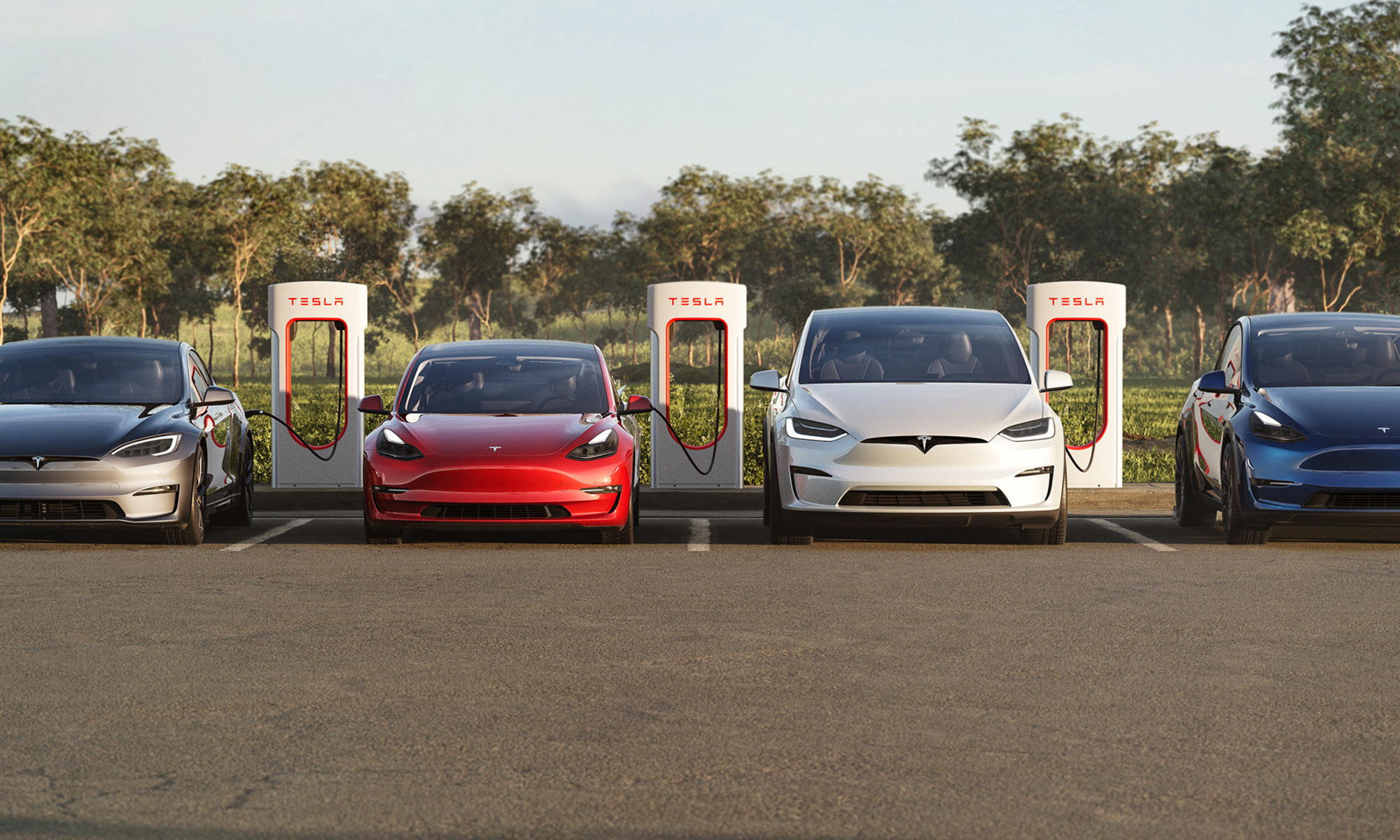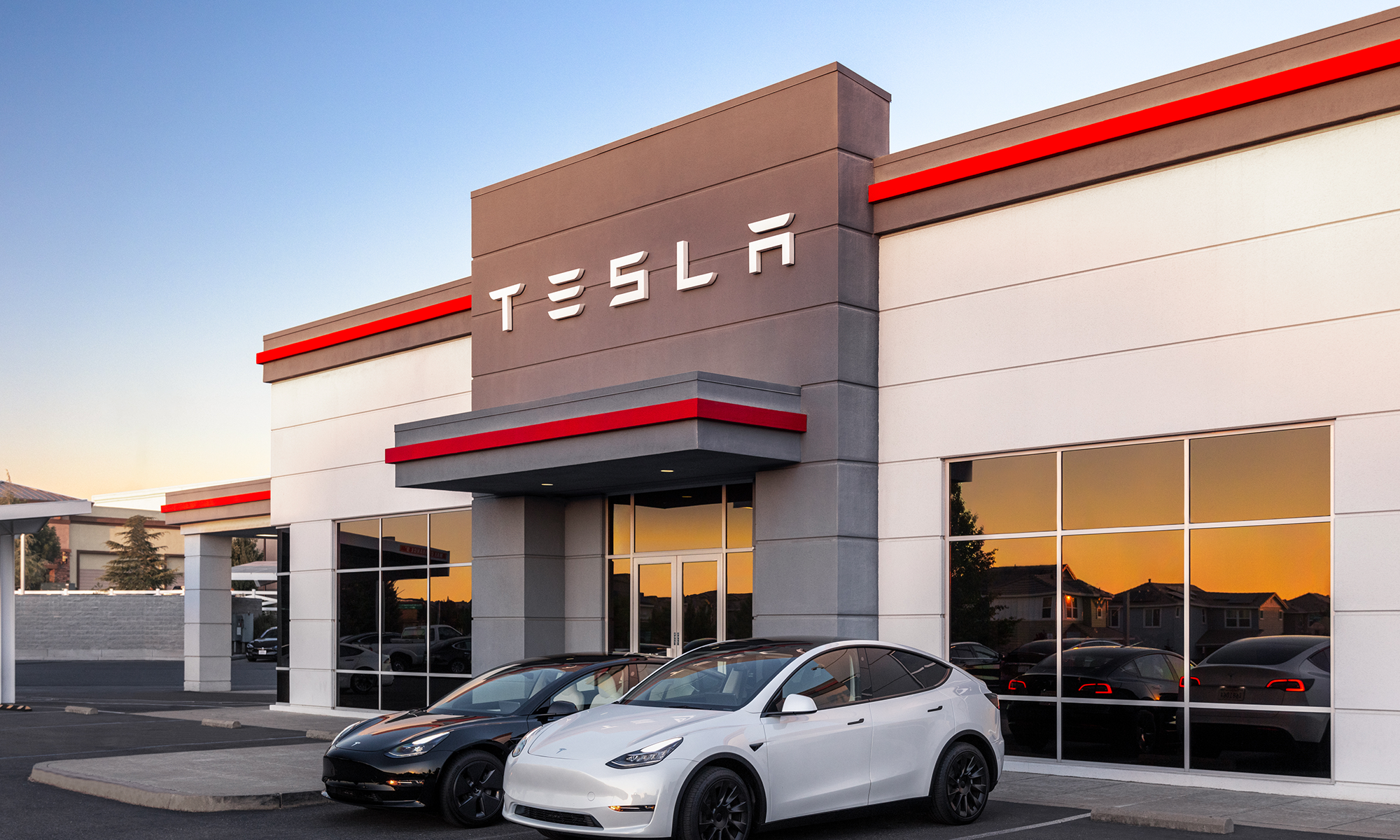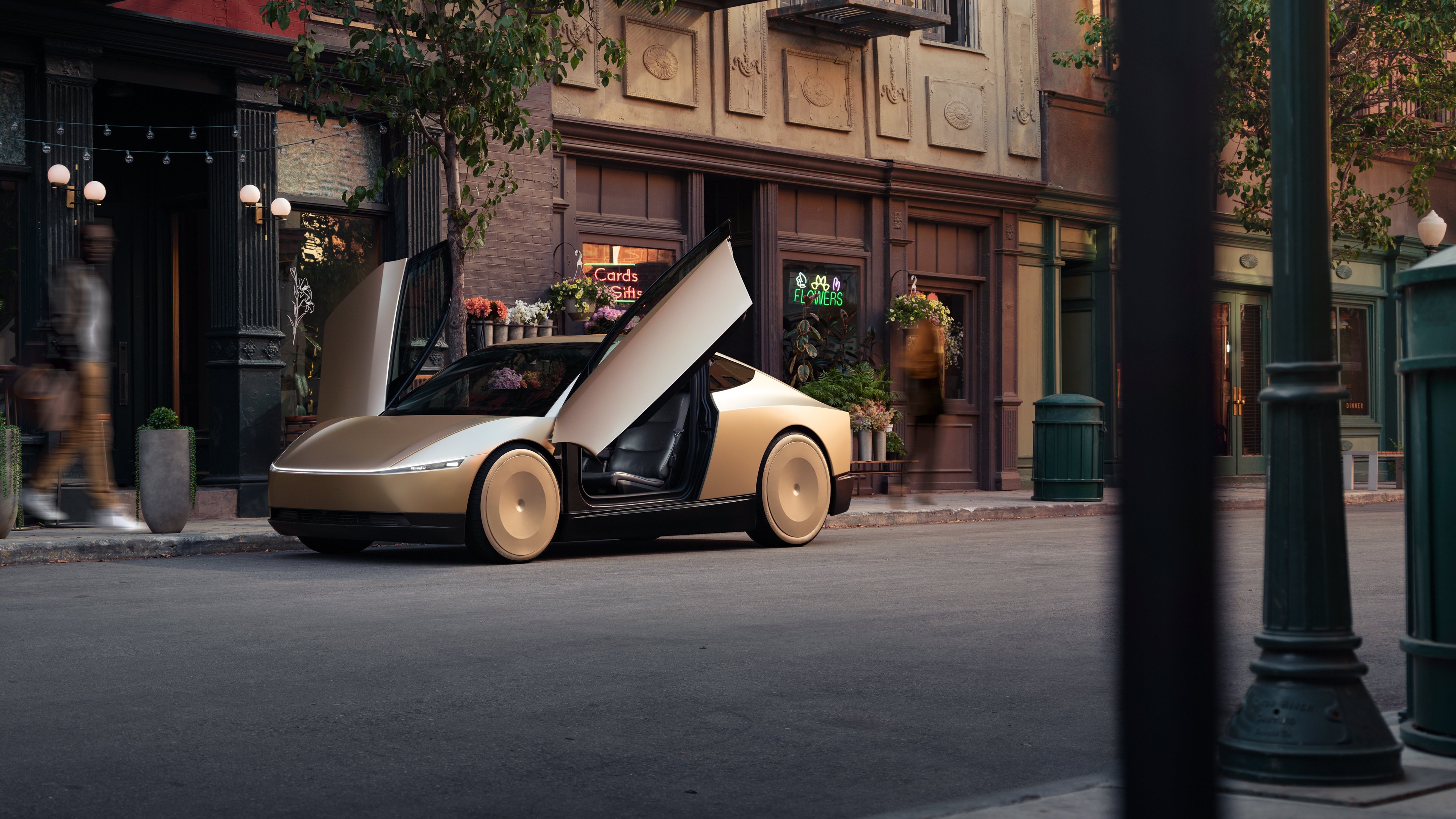When it comes to an analysis of electric-car maker Tesla Motors' (TSLA +0.31%) growth potential (or lack thereof), most cases made in the media highlight facile arguments easily summed up in fun sound bites. These sound bites, of course, yield great headlines, but the oversimplified ideas behind them may do a disservice to investors. Chances are, the future will pan out to be more complex than these headlines suggest.
Consider a few of the swarms of recent "killer" headlines:
- USA Today: "Tesla killer: GM to unveil long-range electric car"
- SF Gate: "Did Audi and Porsche just unveil Tesla killers?"
- Business Insider Australia: "Apple's Tesla killer could be here as soon as 2019"

Model S. Image source: Tesla Motors.
Of killers and kings
Motley Fool co-founder David Gardner eloquently addressed this harmful tendency of binary thinking in a Rule Breaker Investing podcast episode earlier this month. The title of the episode, "Of Killers & Kings," is a reference to the media's tendency to publish headlines and ideas suggesting that business is a zero-sum game, or a game in which competition will lead to only winners and losers. But this thinking is too elementary for business, Gardner argues.
I think what killers and kings show us is that we tend to want to short-circuit thought and we like to make cartoonish pattern recognition about the world at large. And, especially, we like the drama. Killers, and kings, in headlines are very attractive and create a sense of human drama around business or the stock market ... when in reality there isn't a lot of drama to great businesses and I don't think there should be a lot of drama to your thinking about the stock market, even if it is down 10% or so over the last six weeks.
During the episode, Gardner gives a range of excellent examples of different businesses and technologies the media predicted would eventually end with winners and losers but instead evolved into far less dramatic realities.
Desimplifying Tesla's competitive landscape
As it turns out, Tesla is a great example of a business that is often oversimplified. Consider some of these not-so-simple realities of the electric-car maker's current situation.
1. While Tesla is a very small automaker, aiming to sell just 50,000 to 55,000 vehicles this year, its head start is immense. Not only is the company about to launch a fully electric SUV two to three years before competitors are scheduled to do so, but Tesla is also ahead of schedule with the construction of its Gigafactory -- a battery factory aimed at supporting production of as many as 500,000 vehicles per year by 2020. The factory will begin first battery cell and pack production next year, Tesla says.

Invitation to Tesla's Model X event. With the Model X, Tesla aims to redefine the SUV category with a lower center of gravity, faster acceleration, and more space. Image source: Author.
Could it be that misfortune and domination are both unlikely outcomes for the automaker? History would suggest that the capital-intensive and highly competitive nature of the auto industry would make it nearly impossible for Tesla to carve out a meaningful position for itself in the auto market. At the same time, however, the company's head start in an important niche can't be ignored.
2. Tesla has optionality in its future. Sure, the company is highly focused on fully electric vehicles, but Tesla is also positioned to excel in other areas. Consider some of these areas Tesla could emphasize in the future.
- Software: It's far ahead of the automotive industry in bringing user-friendly software and over-the-air software updates to vehicles. It has even developed expertise in automotive tablets with its 17-inch touchscreen.
- Energy storage: The company is already betting big on energy storage, with a third of the Gigafactory's production capacity eventually planned to be purposed for energy storage.
- Tesla as a supplier: Given its massive lead over other automakers in building fully electric vehicles with more than 200 miles of range, the company is positioned well to form major strategic partnerships with other electric-car makers.
- The unknown: Tesla CEO Elon Musk's track record in a range of businesses suggests the visionary leader could potentially pull off other business expansions or transformations.
Could other areas of Tesla's business offer more potential than investors realize?
3. Electric cars are compelling. Auto experts, consumer ratings agencies, and Tesla customers all seem to agree on one thing regarding electric cars: Tesla's Model S is an outstanding vehicle. Given the very positive response to Tesla's Model S, suggesting that a competing green technology, such as hydrogen fuel cell, will be Tesla's demise requires a boatload of speculation. For this to occur, it would first require a technology completely unproven in the auto market to accelerate far beyond where it is today. Second, it would imply that the current trajectory of adoption of and customer excitement about fully electric cars will turn out to be a fluke. And both of these speculative predictions would need to occur simultaneously.

Model S charging at a Supercharger location. Tesla's Superchargers are positioned along major routes to enable long-distance travel. Image source: Tesla Motors.
Initial customer enthusiasm and praise from auto experts for Tesla's electric cars seems to imply the technology is here to stay, but that doesn't mean it has to be the only option for customers in the future. Nor does a nascent technology like hydrogen fuel cell mean Tesla's days are numbered.
4. There is room for not only a range of green technologies, but also a number of competitors. Global auto sales will near 90 million this year, according to IHS Automotive. For Tesla to succeed, it doesn't need the entire world to begin buying electric vehicles. Sure, while the company's mission is to accelerate a transition to sustainable transport, Tesla is clearly aiming to build a business at the high-end, akin to BMW and Jaguar Land Rover. Success for Tesla's business, therefore, means several million cars a year at most. With these sort of sales, Tesla would still account for around just 2 to 3 percent of the market -- far from domination.
Tesla doesn't need to fail for traditional automakers to succeed in marketing fully electric cars.
5. Competition could be good for Tesla. Musk has been very clear that Tesla actually wants other automakers to build fully electric cars. He has made Tesla's patents available for free use, offered its Supercharger network for anyone willing to build an electric car that can handle the charge and pay their share of operating expenses, and traveled to Detroit to speak before automakers and vouch for electric cars. Why is he so supportive of competition? Competition in the electric vehicle space, Tesla believes, would vindicate -- and perhaps help -- what the company is doing.
Musk's argument makes sense. It's hard for a single, new car company to convince the world that electric cars should be a major part of the future. But when other respected automakers begin building and marketing fully electric vehicles, many consumers will likely be far more open to buying an electric car than they were before.

MODEL X AT CENTRAL ASSEMBLY POINT ON TESLA'S "PRODUCTION LINE 2." IMAGE SOURCE: TESLA MOTORS.
6. Tesla's execution has surpassed all expectations. Over the past three years, Tesla's stock is up more than 760% at the time of this writing. These significant gains were driven by better-than-expected execution and higher-than-expected demand for fully electric cars at Tesla's price points. While it will be far more difficult for Tesla to exceed expectations now that the market has valued the company at $34 billion, this history of success at least renders "Tesla Killer" predictions highly speculative, and maybe even downright misleading.
Based on the current state of the automotive industry and the electric vehicle market, it looks like the future will be more of a hybrid of technologies and a collection of electric-car makers than the media likes to predict. In other words, despite the media's dramatic headlines, the future of electric cars probably isn't a zero-sum game.






